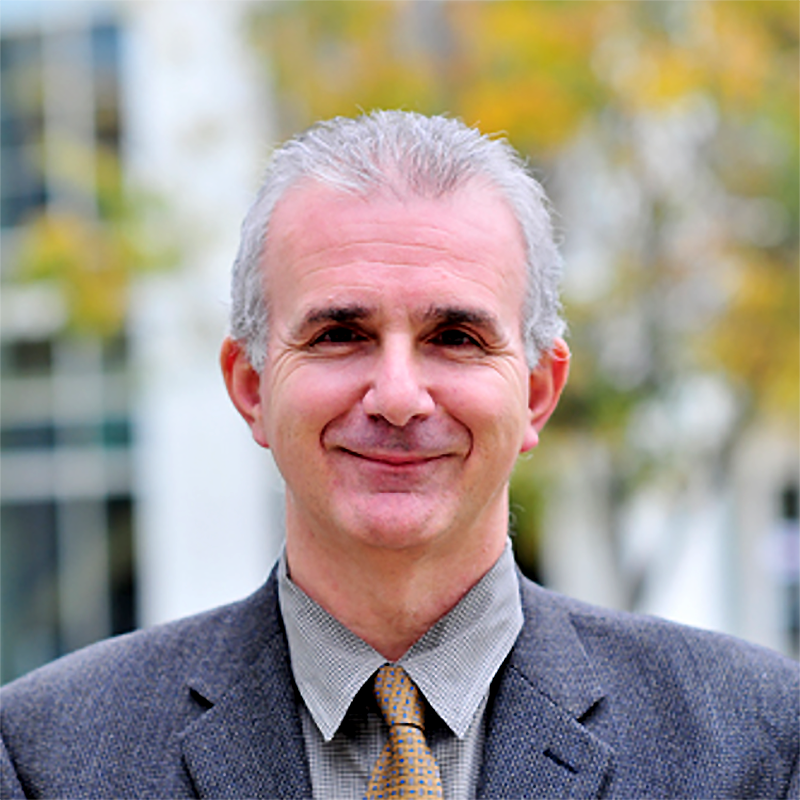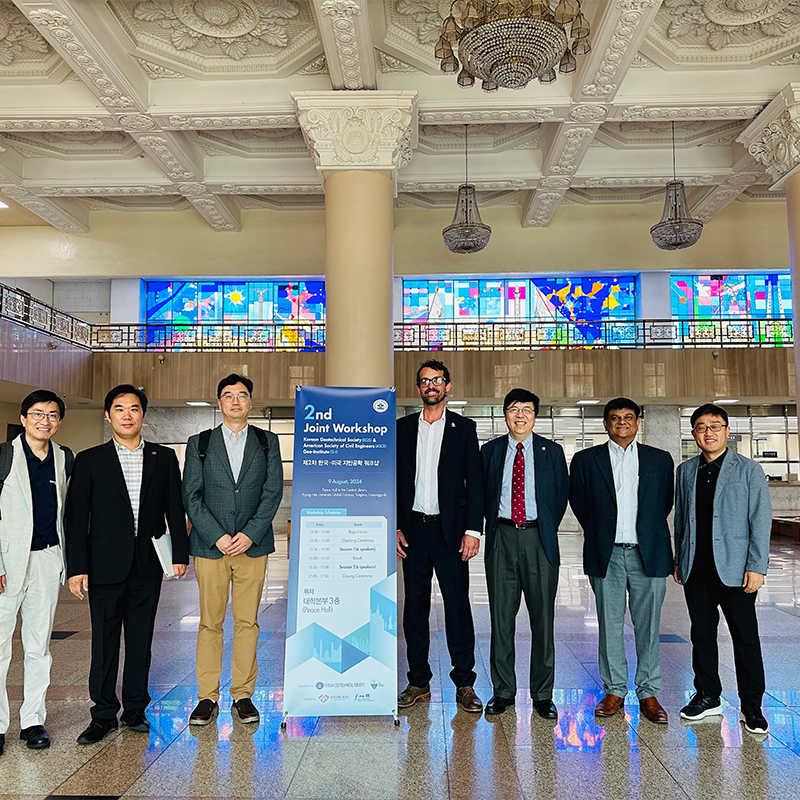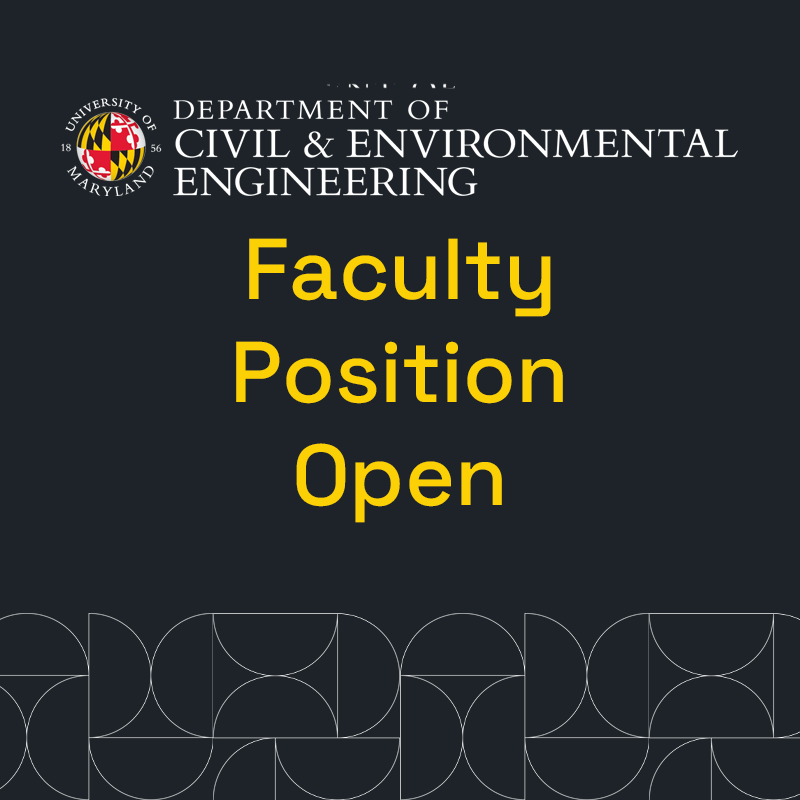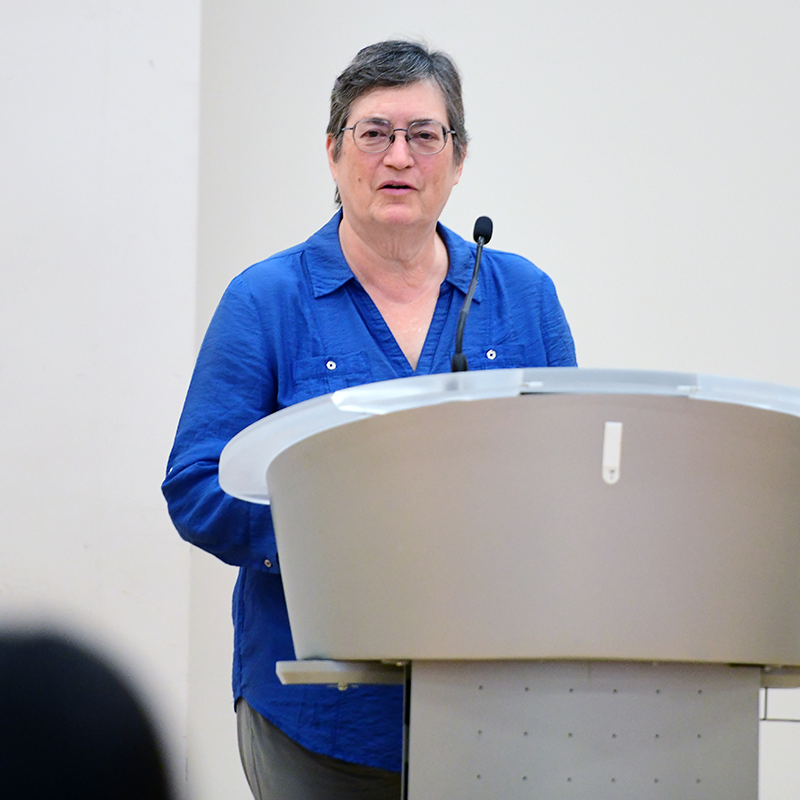News Story
UMD Hosts Symposium on Disaster Resilience Co-Sponsored by NAE, NSF
On April 11, 2013, the University of Maryland’s Department of Civil and Environmental Engineering (CEE) hosted a symposium on “Infrastructure & Community Resilience: Natural & Human-Caused Disasters.” The symposium drew attendees from the federal government, industry, and academia, and focused on how the states of Maryland, Delaware, and Virginia, and the District of Columbia could work together to improve regional community resilience to disasters.
The symposium was sponsored by the State of Maryland, the University of Maryland's A. James Clark School of Engineering, the National Academy of Engineering, and the National Science Foundation. Partners included Virginia Tech and the University of Delaware.
The workshop focused on the tri-state region as a case study using lessons learned from other mid-Atlantic areas, which have faced severe damage from recent storms such as 2012 Hurricane Sandy. Discussion centered around enhancing regional resilience through multi-state collaboration, developing risk management strategies, developing public-private surge in capacity for response, and developing a plan to move forward in the tri-state region with reliance development efforts.
The morning session began at 8:30 a.m. with opening remarks by CEE Chair Ali Haghani and Clark School of Engineering Dean Darryll Pines, as well as an introduction by Former UMD President C.D. “Dan” Mote. This was followed by presentations from the New York State Federal Emergency Management Agency and the NOAA Office of Science and Technology Policy. Featured speakers included Ellis Stanley, Chair of the Academy Disaster Roundtable of the National Academies, and Ken Mallet, Director of the Maryland Emergency Management Agency. The morning session concluded with case studies by organizations including Maryland Energy Programs, the U.S. Department of Health and Human Services, and the U.S. Navy Task force Climate Change, among others.
The afternoon session included federal agency perspectives on barriers to resilience by the National Science Foundation, Federal Emergency Management Agency/Department of Homeland Security, and the Department of Transporation, as well as state perspectives on building regional support from Maryland, Virginia, Delaware, and the District of Columbia.
In addition to Prof. Haghani, Professors Gerald Galloway and Bilal Ayyub led the organization of the event, with help from committee members Balakumar Balachandran (Chair of the Mechanical Engineering Department) Ahmet Aydilek, Angela Bernstein, Kaye Brubaker, Allen P. Davis, and Lei Zhang.
Published April 16, 2013









